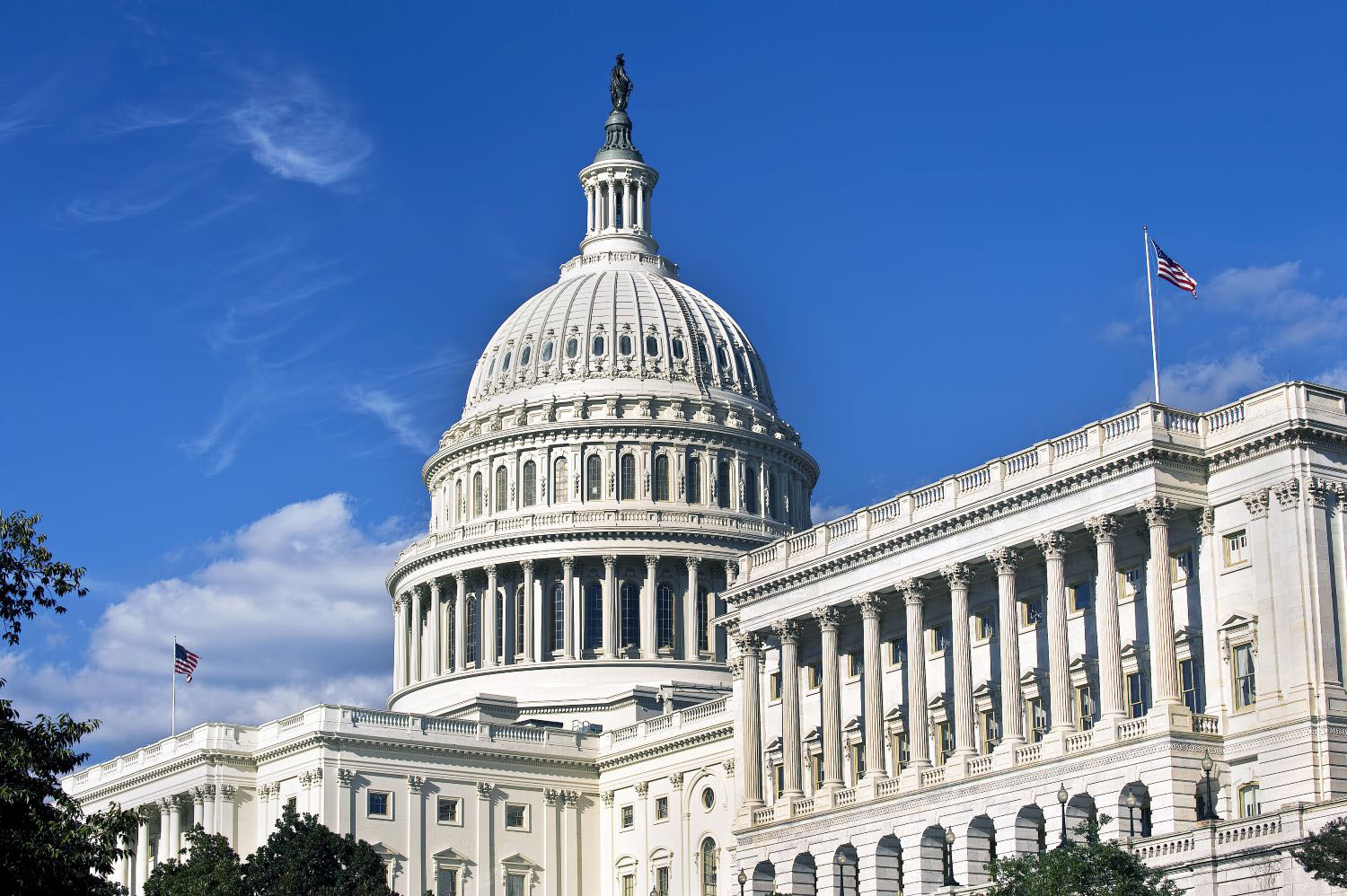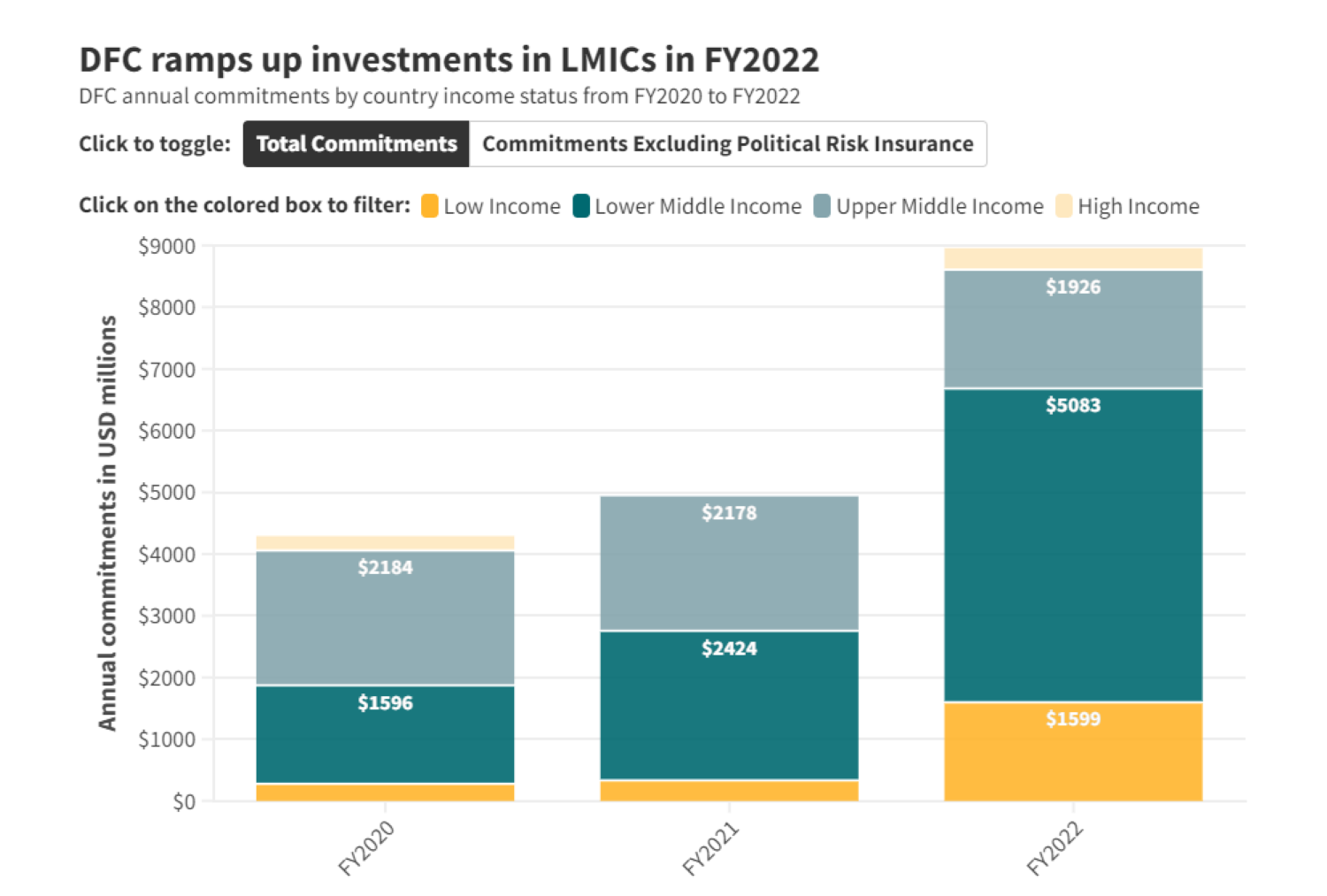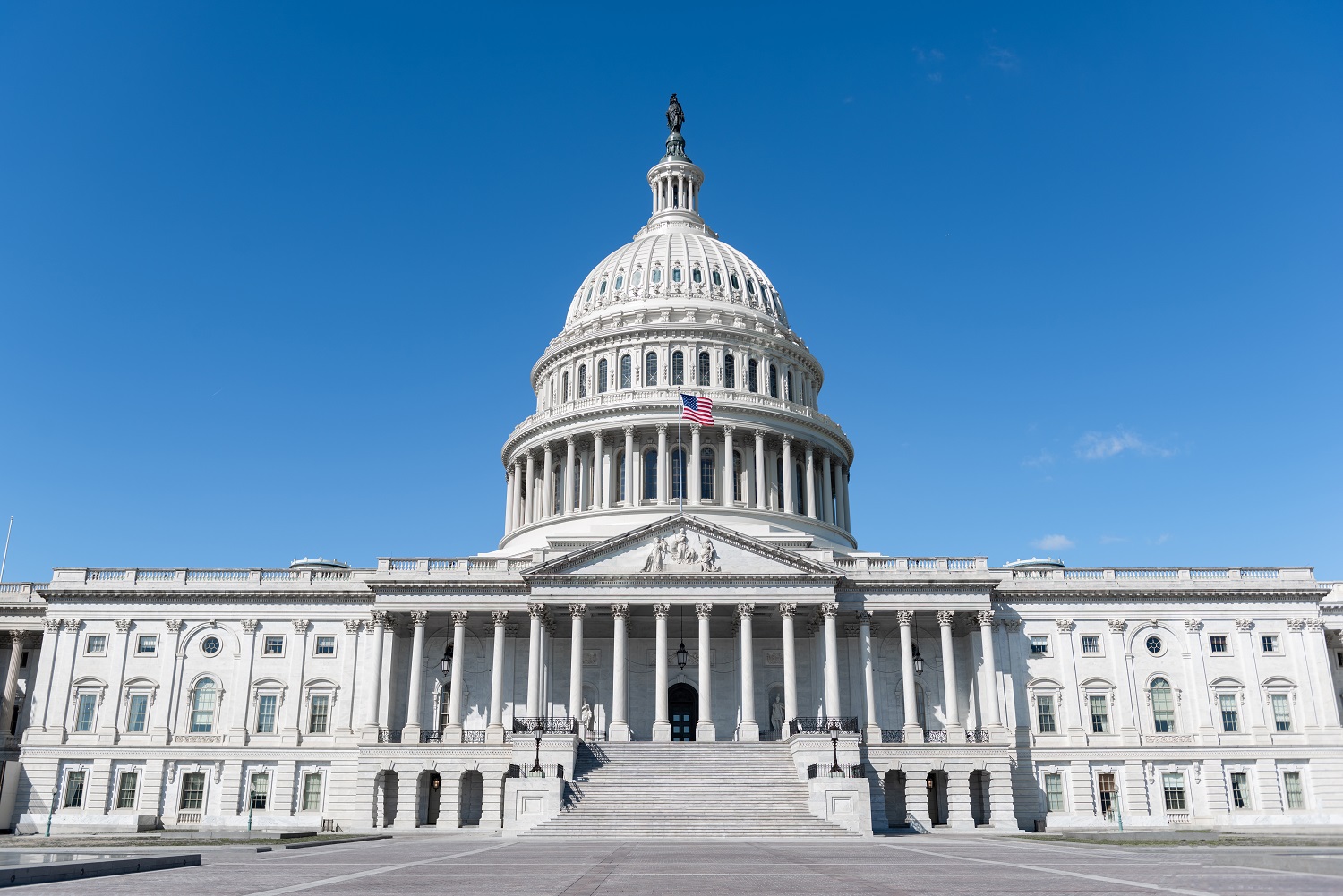This is a joint post with Ben Leo.
Over at the Council on Foreign Relations website, Michael Levi posted a reply to our recent paper on estimating the tradeoffs between OPIC power generation investments based upon natural gas and renewable sources. We are grateful to Michael for his thoughtful comments and for instigating a sensible discussion of the underlying issues. (BTW – we highly recommend Michael’s wonderful book, The Power Surge, on the rapidly changing energy market.)
We agree with Michael’s central premise that a rational project-by-project assessment of potential OPIC investments is required. To be clear, we are not especially enamored with natural gas or any other power source solution. Rather, we are focused on OPIC having sufficient flexibility to support access to reliable and affordable energy for the largest number of people and job-creating businesses. We also want the Obama Administration’s Power Africa initiative to succeed in meeting its targets, regardless of the generation source – whether it’s wind, solar, gas, or all-of-the-above.
Beyond this, Michael raises three specific issues:
1. Leveraging. Michael asks whether historical OPIC-to-private investment ratios really tell us anything about leveraging. He’s correct that attributing causality to any single investment is tricky. OPIC’s aim is to invest “where conventional financial institutions often are reluctant or unable to lend.” This is true for all investments whether in the power sector or otherwise. We both believe that OPIC has an important role to play in building markets abroad. In fact, the complexity of large-scale power deals (e.g., long-term fuel supply contracts, anchor customer off-take uncertainties, creditworthiness challenges across the value chain, and high political risks), suggest that OPIC’s financing and insurance product lines are especially suitable. Can we prove that every project is truly additional and every private dollar raised is truly leveraged? Of course not. OPIC management must make the additionally case for each project and OPIC’s board of directors has to make a judgment call. We won't ever know with certainty that OPIC’s participation was the critical difference. However, we do know that the amount of public subsidy provided by agencies like OPIC is much higher for renewables (66%) than natural gas (20%). And, if the primary concern is about unnecessary public subsidies, where are those risks likely to be higher?
2. Cost Definition. Michael is right that we use overnight capital costs in our capacity generation estimates and do not distinguish between these and potential operational costs. This could affect our projections for differentials in generation capacity (Figure 2 in the paper). Yet if the tariff rate is commercial, as would be expected for all OPIC projects, then the market should determine which types of fuel can operate more cheaply and reliably. Moreover, these overnight capital costs do not affect the access estimates since we calculated those based strictly on leveraging ratios plus IEA cost estimates of additional access (see Annex B in the paper).
3. Not All Megawatts Are Equal. Right again. We did not discount renewable energy sources because of intermittency, power storage capacity, or other variables that may affect their ability to provide access. We are therefore overstating the impact on reliable access of renewable power and are grateful to him for raising this point.
We welcome this constructive conversation about the most effective US Government tools and clarity on any related policy tradeoffs. This kind of open debate is very long overdue and is a healthy contribution to policymakers grappling with these very issues. It also supports the growing consensus that electricity access is required for African countries to achieve their growth and poverty reduction objectives.
CGD blog posts reflect the views of the authors, drawing on prior research and experience in their areas of expertise.
CGD is a nonpartisan, independent organization and does not take institutional positions.





